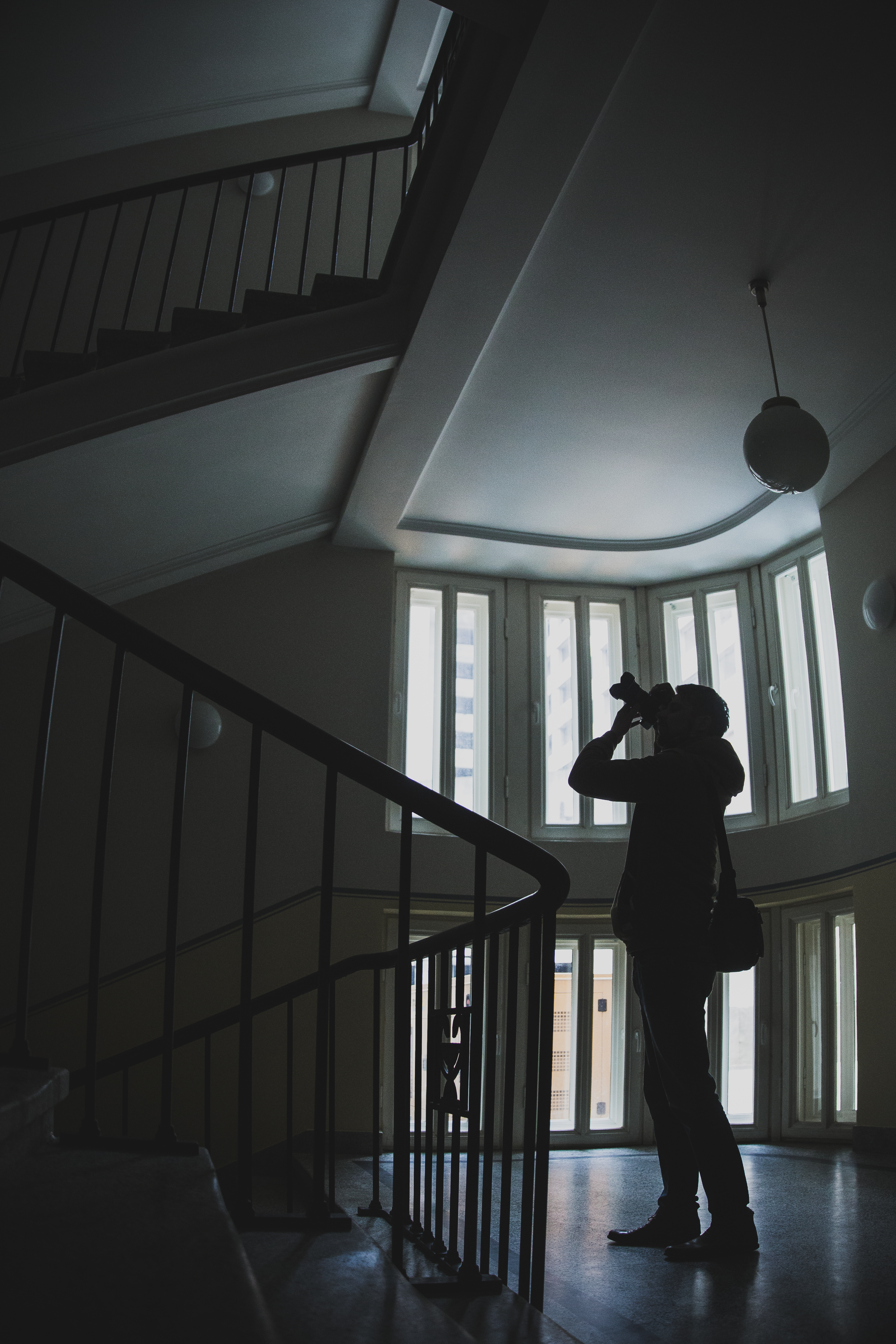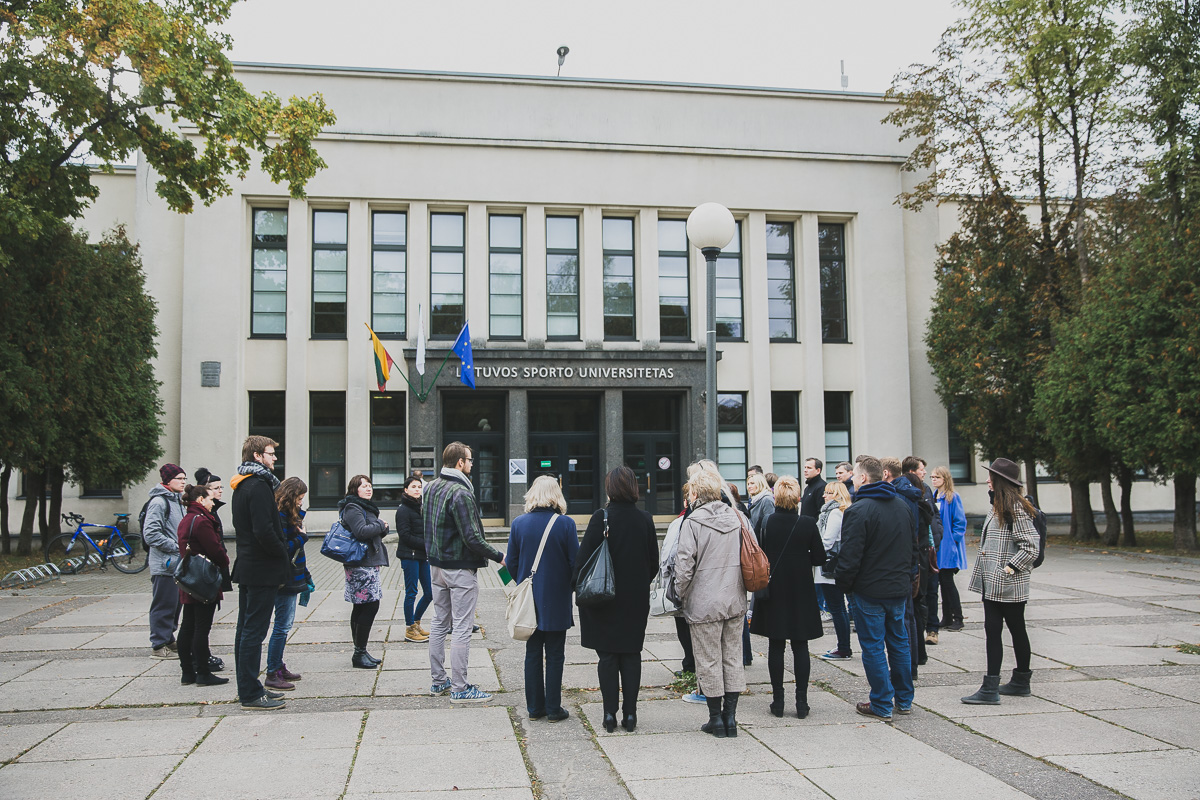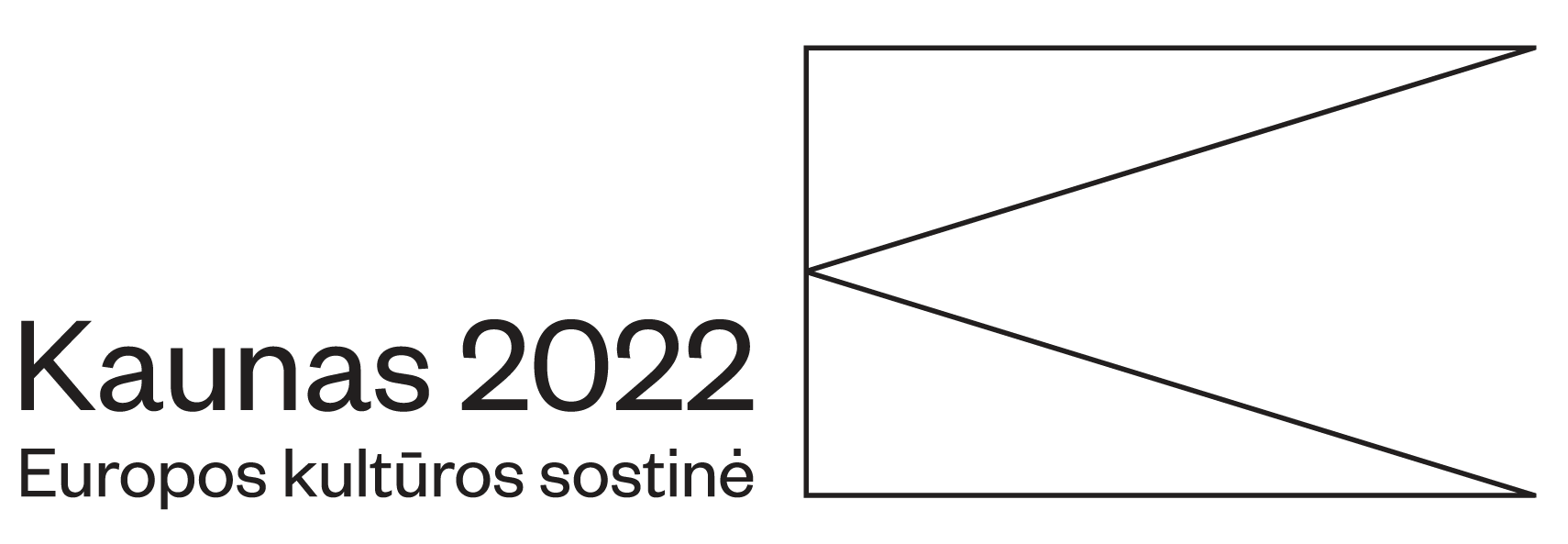In 2018, the European Year of Cultural Heritage, all forms of heritage throughout the European Union will be celebrated as the source of memory, identity, dialogue, unity and creativity. These celebrations coincide with the centenary of Lithuania’s independence, causing the country and Kaunas, its provisional capital, to give particular attention to symbols of modernisation, especially to modernist architecture, which bears witness to an optimistic and progressive Europe.
Kaunas possesses the most significant and outstanding modernist architectural heritage in Lithuania. From 1918 to 1940, Kaunas’s urban and architectural character was forged by the processes that were essential to that period – modernisation and progress. The modernist architecture of Kaunas was granted European Heritage status in 2015, while in 2017 it was placed on the nation’s tentative list of UNESCO World Heritage sites. And, in 2022, Kaunas will be the European Capital of Culture. All of these events have been stimulated by a growing appreciation for modernist heritage and its recognition, reinterpretation, and reverence.

This interest transcends physical monuments, buildings and interiors, and touches the way we feel about a city based on our knowledge of the past and our aspirations for the future. One of the main aims of the 2018 European Year of Cultural Heritage is to explore these enigmatic aspects of heritage and discover the more profound significance in the places and spaces that we encounter every day but seldom acknowledge their impact on our surroundings and the quality of life.
Residents and guests of Kaunas will have the chance to attend a series of international events focussing on different aspects of the city’s inter-war modernism and the broader context of European architectural heritage. International Summer School “Promoting the Progressive: Modernism and its Value as a Historic Urban Landscape” will be held on June 25-29; Forum of European cities and sites of Modern Movement is scheduled for September 11 and International Conference “Modernism for the Future” for September 12-13. These events will re-examine modernism and its vital role in shaping European identity and the cultural heritage of a continent between the two World Wars.
Kaunas, the provisional capital of Lithuania during the interwar period (1919-1940), is noted for its interwar modernism architecture that was granted the European Heritage Label by the European Commission in 2014. This year, Kaunas is pleased to invite other European cities and sites of early Modernism to the Forum for a discussion on the need to protect, define and promote the heritage of the first half of the 20th century as one of the keystones of uniting Europe.

The primary goal of the Forum held at the historic Kaunas Garrison Officers` Club Building is to bring together the European cities and sites of early Modernism to discuss the potential of this architectural and cultural heritage in the formation of modern urban identity and its use for tourism purposes. The participants will also discuss if this Forum could serve as the basis for further cooperation and creating the network of early modernism cities and sites.
Representatives of municipalities, managers of heritage sites, the academic community, representatives of heritage protection and tourism sectors and other organisations are welcome to participate in the Forum and discuss the issues related to management and communication of the architectural heritage of the first half of the 20th century.
The first day of the International Conference in Žalgiris arena will be dedicated to exploring the diversity, similarities and individual traits of European modernism’s architectural heritage during the 1920s and the 1930s. However, recent cultural processes encourage to focus not only on the historical context of the matters but also to tackle the contemporary experiences of interpreting modern heritage. The second day of the event aims to discuss modernism in a wider present cultural context. The collection of articles prepared from the conference papers will be published as a separate scientific publication.
Participation in the events mentioned above is free of charge; the registration deadline is May 15th. The full programme for both the forum and the conference will be announced on May 30th. The presentations and discussions will be held in English.

